Premium Only Content
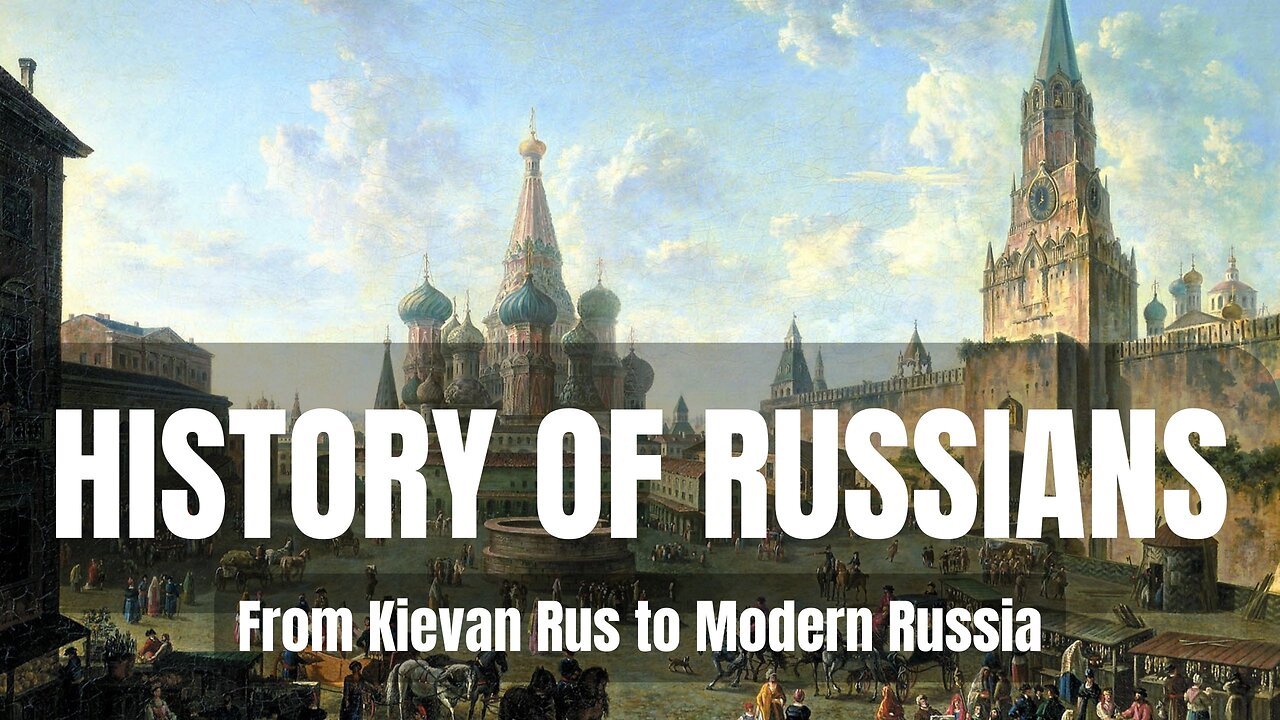
History of Russians: From Kievan Rus to Modern Russia
History of Russians: From Kievan Rus to Modern Russia
Welcome to our journey through time as we explore the rich and fascinating history of Russia, from the ancient Kievan Rus to the vibrant and modern nation it is today.
Our story begins in the 9th century with the establishment of Kievan Rus, the cradle of Russian civilization. Founded by Viking settlers, this medieval state laid the foundation for Russian culture, politics, and religion.
The Golden Age and Mongol Invasion
During the 10th and 11th centuries, Kievan Rus experienced a Golden Age. It was a time of prosperity, cultural flourishing, and significant advancements in trade and architecture. Under the rule of great leaders like Vladimir the Great and Yaroslav the Wise, Kievan Rus saw the spread of Christianity, the creation of a sophisticated legal code, and the construction of architectural marvels.
But this period of prosperity was brought to a brutal end in the 13th century. The Mongol invasion, led by Batu Khan, devastated the land, leading to widespread destruction and the collapse of the Kievan state. The Golden Age and Mongol Invasion were defining moments in Russian history, marking the end of one era and the beginning of another.
The Rise of Moscow
In the 12th century, Moscow was just a small, unassuming town in the vast forests of northeastern Europe. But its strategic location along the trade routes soon positioned it for greatness. The leadership of figures like Prince Yuri Dolgorukiy, who founded Moscow in 1147, and later Ivan I, known as 'Ivan Moneybags,' was crucial. They used diplomacy, strategic marriages, and economic acumen to elevate Moscow's status. In 1480, under the leadership of Ivan III, Moscow definitively broke free from Mongol rule. This victory not only ended centuries of foreign domination but also solidified Moscow's position as the heart of a unified Russia.
The Tsardom of Russia
The transformation continued with the establishment of the Tsardom of Russia. Under leaders like Ivan the Terrible and Peter the Great, Russia expanded its borders, modernized its army, and embraced Western innovations.The Tsardom of Russia officially began in 1547 when Ivan IV, famously known as Ivan the Terrible, crowned himself as the first Tsar of All Russia, marking the start of a new era. Following Ivan's death, Russia plunged into the Time of Troubles—a period of political instability, famine, and foreign invasion. This chaotic era ended with the establishment of the Romanov dynasty in 1613. Under the Romanovs, Russia expanded its territory dramatically, reaching the Pacific Ocean. Tsars like Peter the Great and Catherine the Great modernized the state, making Russia a major European power.
The Russian Empire
By the 18th century, Russia had become a sprawling empire. However, this era of grandeur came with challenges, culminating in the upheaval of the Russian Revolution in 1917, which marked the end of the Tsarist regime.
Soviet Union to Modern Russia
The 20th century saw the rise and fall of the Soviet Union, a period marked by dramatic social, political, and economic changes. Today, Russia stands as a testament to resilience and transformation, continuously evolving in the global arena. The Soviet Union, established in 1922, rose to become a global superpower under leaders like Lenin and Stalin. However, decades of political repression, economic struggles, and the Cold War culminated in its collapse in 1991. The 1990s were a tumultuous time for Russia. The transition from a planned economy to a market economy was chaotic, leading to widespread poverty, corruption, and political instability under President Boris Yeltsin. In 2000, Vladimir Putin became president, ushering in a new era of stability and economic growth. His leadership has been marked by efforts to strengthen the state, modernize the economy, and assert Russia's influence on the global stage. From the Soviet Union’s rise and fall to the emergence of modern Russia, this journey is a testament to the nation’s enduring spirit and adaptability.
From its early days in Kievan Rus to the present, the history of Russia is a story of enduring spirit, remarkable transformation, and a legacy that continues to shape the world.
Don't forget to subscribe and hit the bell icon to stay updated with our latest videos. See you next time!
-
 1:14:54
1:14:54
Steve-O's Wild Ride! Podcast
15 hours ago $17.65 earnedZac Brown Reveals The Secrets To HIs Success - Wild Ride #247
65.9K13 -
 4:16:43
4:16:43
JdaDelete
9 hours ago $12.23 earnedProject Zomboid with the Boys | The Great Boner Jam of 2025
41.3K -
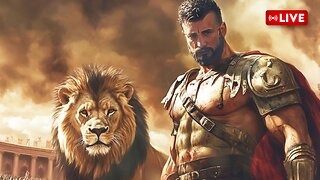 6:00:08
6:00:08
SpartakusLIVE
10 hours agoYoung Spartan STUD teams with old gamers for ultimate BANTER with a SMATTERING of TOXICITY
31.9K -
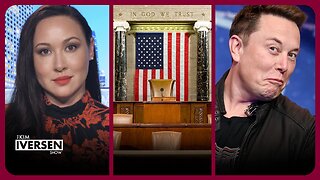 1:50:39
1:50:39
Kim Iversen
11 hours agoShocking Proposal: Elon Musk for Speaker of the House?! | IDF Soldiers Reveal Atrocities—'Everyone Is a Terrorist'
77.9K168 -
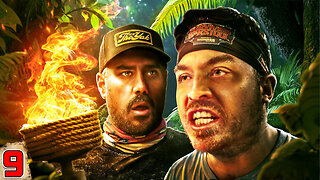 43:27
43:27
barstoolsports
14 hours agoOld Dog Bites Back | Surviving Barstool S4 Ep. 9
134K4 -
 5:13:04
5:13:04
Right Side Broadcasting Network
7 days agoLIVE REPLAY: TPUSA's America Fest Conference: Day One - 12/19/24
185K28 -
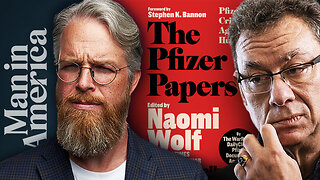 1:06:01
1:06:01
Man in America
1 day agoPfizer Has Been Caught RED HANDED w/ Dr. Chris Flowers
62.1K19 -
 2:24:15
2:24:15
Slightly Offensive
12 hours ago $18.44 earnedAttempted ASSASSINATION of Nick J Fuentes LEAVES 1 DEAD! | Guest: Mel K & Breanna Morello
51.9K48 -
 1:43:08
1:43:08
Roseanne Barr
11 hours ago $28.85 earned"Ain't Nobody Good" with Jesse Lee Peterson | The Roseanne Barr Podcast #79
85.2K49 -

The StoneZONE with Roger Stone
8 hours agoTrump Should Sue Billionaire Governor JB Pritzker for Calling Him a Rapist | The StoneZONE
53.8K6